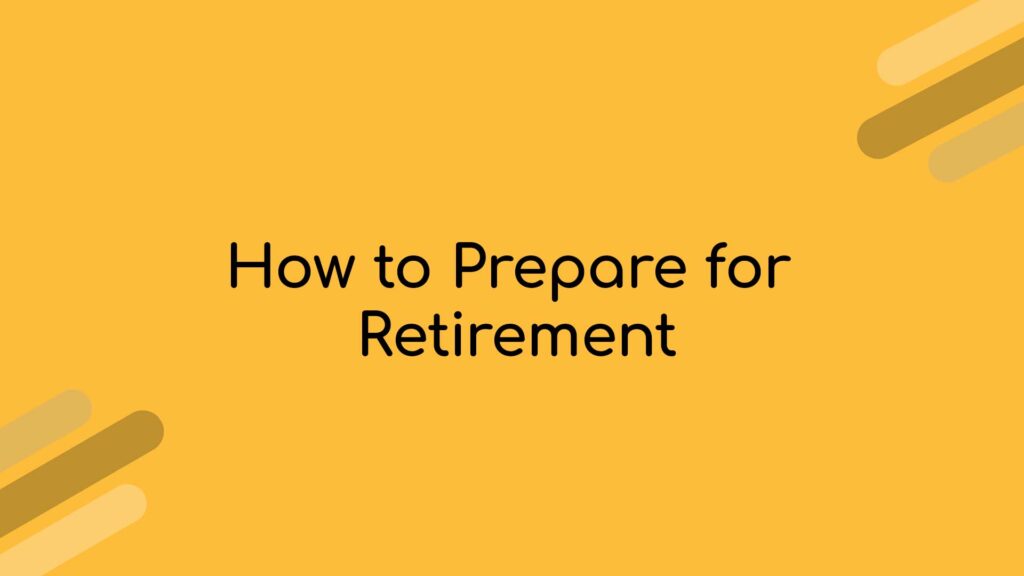Life insurance is a great way to protect your assets and your loved ones, but what kind is best? How do you know if you can trust the salesman? It’s important to understand the different types of policies, so you can choose the one that best suits your needs.
There are two main types of life insurance:
- Term insurance
- Permanent insurance
Term Insurance
Term insurance provides coverage for a specified number of years, or term. The term could be yearly, 5-years, 30-years, or anything in-between. Once the term expires, it can be renewed, converted to permanent, or terminated.
With a 10-year term, for example, the premiums stay the same each year for 10-years, and then you have the option of renewing the policy for another 10-years with higher annual premiums or letting the coverage expire.
Premiums go higher each time the term is up because the cost of insurance increases as someone ages. Insurance companies use actuaries to figure out a person’s life expectancy, and this affects how much the coverage costs. As you age, life expectancy decreases, and so the cost goes up after each term expires.
Permanent Insurance
Permanent insurance covers you for the entirety of your life so long as you pay the premiums. The premium for a permanent insurance policy stays the same throughout your entire life.
If the cost of insurance goes up as you age, how can they get away with keeping the premiums the same? They’re able to get away with this by adding a cash value component to the insurance. Each time you pay a premium, a portion of that goes into a cash account invested in short-term bonds. As you age, the cash value grows, offsetting the increasing cost of the insurance.
For example, let’s say you have a $100,000 death benefit and you begin the policy at age 30. At age 30, your cash value is $0, so the insurance company would be liable to pay the entire $100,000 in the event of your death. Fast forward to age 50, and maybe your cash value grew to $20,000. Now, the insurance company would only be on the hook for $80,000 in the event of your death.
So while the cost of insuring you went up because of your age, the amount they must pay in the event of your death went down, offsetting each other and allowing the insurance company to keep the premiums level throughout your life.
There are many different types of permanent insurance: whole, universal, variable, fixed-index, etc. It’s a good idea to talk to someone educated in insurance, but not selling a product, in order to get good advice on what the best decision for you is.
Key differences between term and permanent insurance:
- Term has a death benefit only, whereas permanent offers a cash value component
- Term coverage is for a specified time period, while permanent is for life
- Term insurance is cheaper than permanent
- Term can be converted to permanent, but permanent policies cannot convert
What kind of life insurance do I need?
Think about yourself as a machine that’s kicking out income. If you had a machine in your house that kicked out income, how much would you insure it for? Well, you would insure it for whatever income it’s going to produce until it will stop working, because at that point there’s no reason to keep insuring it.
Think about yourself in the same way. You’ll work until a point in time when you retire and are no longer kicking out income. So there’s typically no need to insure someone past the age when they will no longer be producing income, or until there is no one dependent upon their income.
For example, say you have a child that will be out of the nest in 20 years and want coverage in place to support them. You could get a 20-year term insurance policy to cover that period. Then once the 20 years is up, you won’t need the insurance anymore.
Want to learn more about what we do?
Therefore—in most cases—we recommend term insurance over permanent. There are, however, some instances where permanent insurance can be useful, so it’s best to sit down with a planner outside of the insurance sales world to decide what kind of policy is best for you.
How much insurance do you need? For most people, during their working years, about eight to ten times annual income is a fairly standard rule of thumb, but again, there are many factors involved. You should ask questions like, What line of work are you in? Does your spouse work? How many dependents do you have? Do you own a business? It’s best to cover all of this in the financial planning process with a qualified planner.
Schedule a call with one of our qualified planners here.
By Paul Winkler
*Advisory services offered through Paul Winkler, Inc. (‘PWI’), a Registered Investment Advisor. PWI does not provide tax or legal advice: please consult your tax or legal advisor regarding your particular situation. This information is provided for informational purposes only and should not be construed to be a solicitation for the purchase or sale of any securities. Information we provide on our website, and in our publications and social media, does not constitute a solicitation or offer to sell securities or investment advisory services, or a solicitation to buy or an offer to sell a security to any person in any jurisdiction where such offer, solicitation, purchase, or sale would be unlawful under the securities laws of such jurisdiction.




